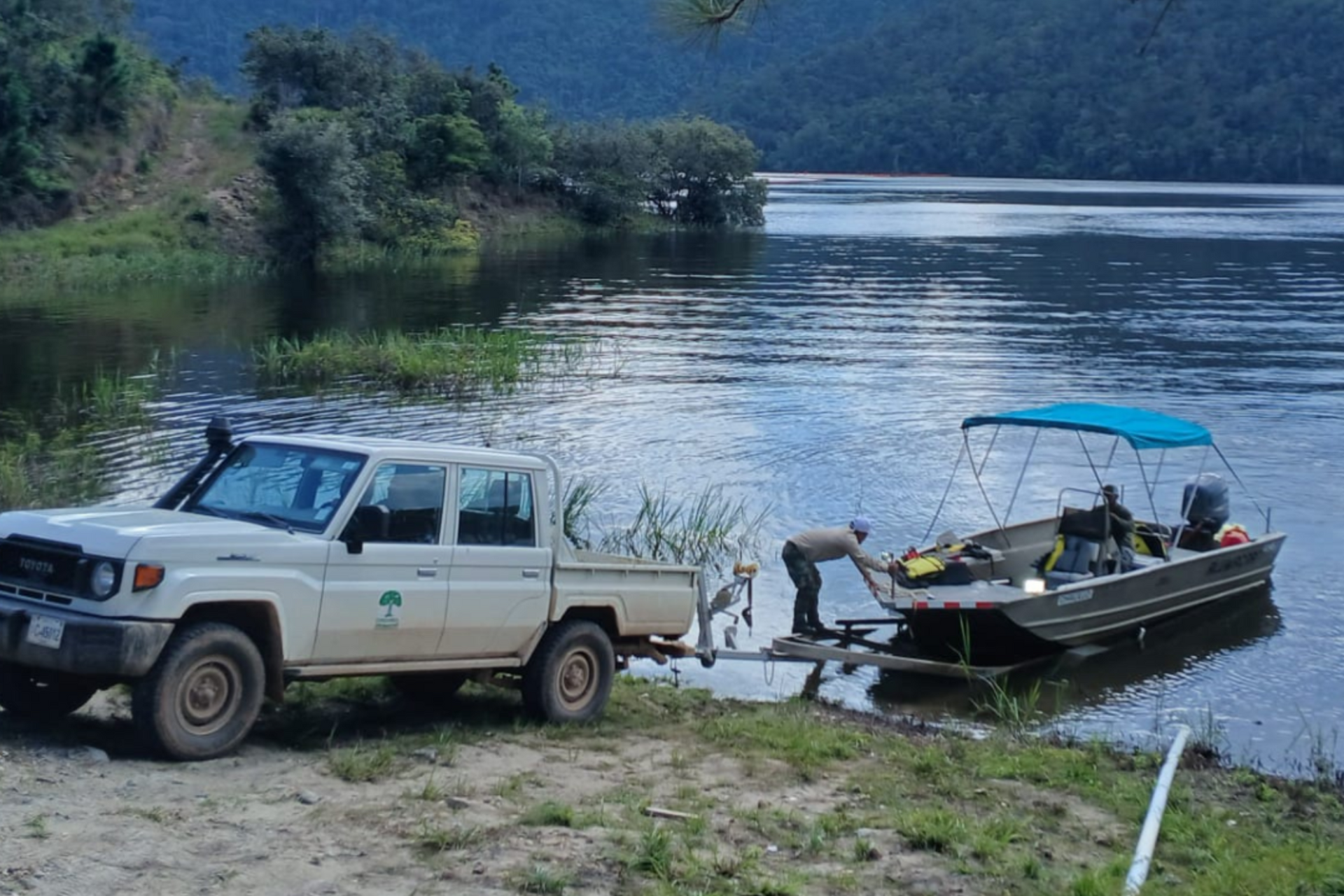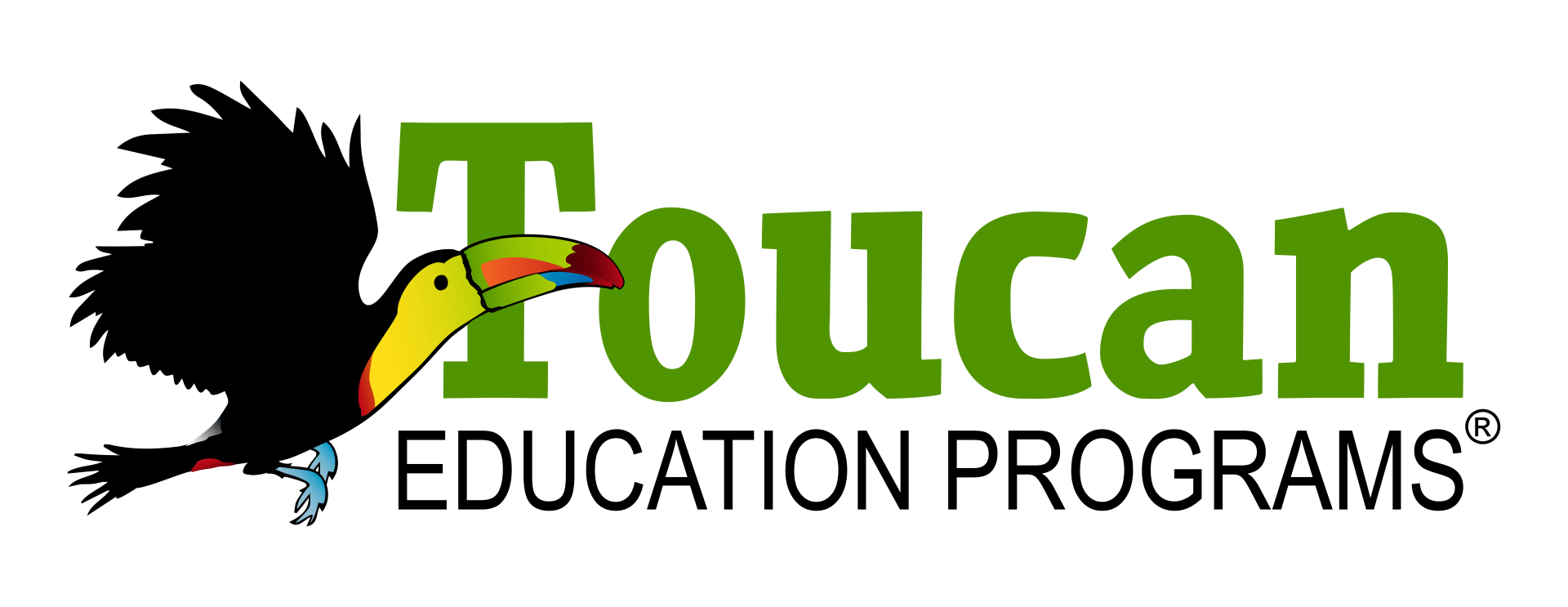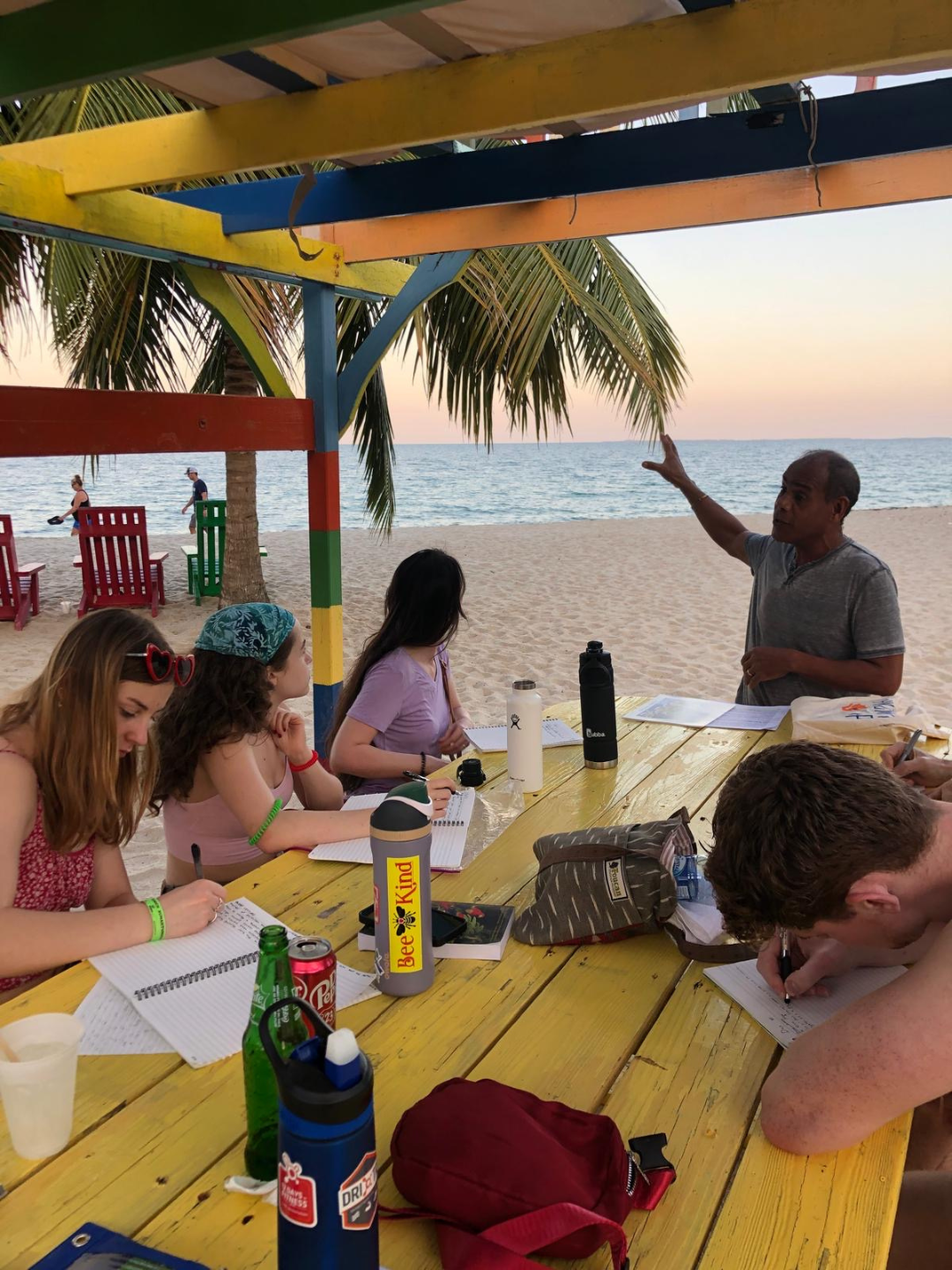Strategic Eco-tourism for Conservation: Planning for a Sustainable Future
Earn 3 U.S. Transferable Academic Credits from Shenandoah University.
A Field Intensive to Master Natural Resource Management & Sustainable Tourism.
Are you ready to design the future of responsible travel?
This immersive short-term academic program examines the critical intersection between sustainable tourism management and natural resource management. You'll blend theory, industry standards, and real-world case studies to construct a philosophy of nature tourism.
Program Format: The academic course begins with a mandatory 4-day pre-program e-learning schedule (Monday, June 1, to Thursday, June 4, 2026).
13-night / 14-day field intensive in Belize
(June 5 – June 18, 2026). You'll apply your knowledge by developing a comprehensive plan for a designated location that is suitable for natural resource tourism development.
From Rainforests to Reefs: The Ultimate Field Experience
This program emphasizes the societal, cultural, environmental, economic, and community impact of the tourism industry. Your hands-on experience will take you from the Maya Mountains to the Caribbean Sea, including time at research stations and protected areas:
- Rainforest Conservation: Working at a Research Station, touring the Mountain Pine Ridge Forest Reserve, and visiting other Field stations and nature-based tourism places.
- Marine Conservation: Engaging in a full-day snorkeling trip to Laughing Bird Caye, a UNESCO-recognized national park.
- Industry Application: Participating in various experiential learning modules and guest lectures on Eco-Tourism and Its Implications for Conservation
Global Citizenship & Sustainable UN Development Goals (SDGS)
This program upholds high ethical standards and is committed to responsible tourism that prioritizes the protection of the environment, wildlife, and local cultures. Participation in this program directly contributes to advancing five key Sustainable Development Goals (SDGs).
UN SDG # 6:
Clean Water and Sanitation

UN SDG # 7:
Affordable and Clean Energy

UN SDG # 8:
Decent Work & Economic Growth

UN SDG # 14:
Life Under Water

UN SDG # 15:
Life on Land

The Experience:
You will develop a comprehensive plan for a designated location that is suitable for natural resource tourism development.

Academic Rigor & Learning Outcomes
This US-accredited academic field intensive course is designed for students in environmental studies, tourism management, conservation, nature-based tourism, tourism, parks and recreation, sustainable business, and resource management. Students earn 3 U.S. transferable academic credits from Shenandoah University through Toucan’s School of Record Relationship.
Course Major Learning Objectives
1. Integrate Knowledge:
Develop a comprehensive understanding of natural resource management principles and their application within the tourism industry.
2. Apply Critical Thinking:
Critically analyze the complex relationship between environmental, cultural, and economic factors in tourism planning.
3. Develop Transferable Skills:
Acquire practical skills in project design, target audience analysis, and marketing strategies focused on sustainability.
Learning Outcomes & Values
1. Knowledge:
Trace the historical evolution of natural resource management and nature tourism in the LAC region.
2. Skills:
Apply best practices in concept planning and design for sustainable tourism projects.
3. Values:
Value the importance of community engagement in tourism initiatives.
Terms & Deadlines
PROGRAM TERMS AND APPLICATION DEADLINES
Summer Term 2026
| Priority Application Deadlines | Program Application Extended Deadline | Hybrid Program Online Learning Dates | Program Start Date | Program End Date |
|---|---|---|---|---|
| January 31, 2026 | March 31, 2026 | Hybrid runs 4 days from June 1-4th online | June 05, 2026 | June 18, 2026 |



